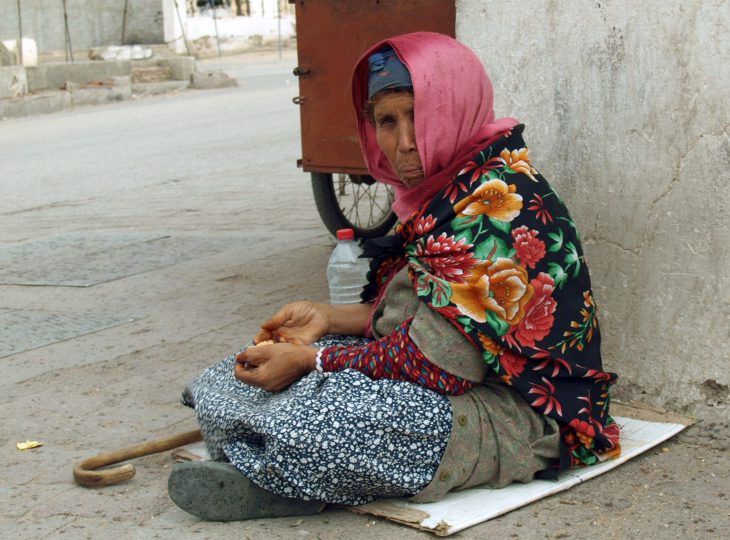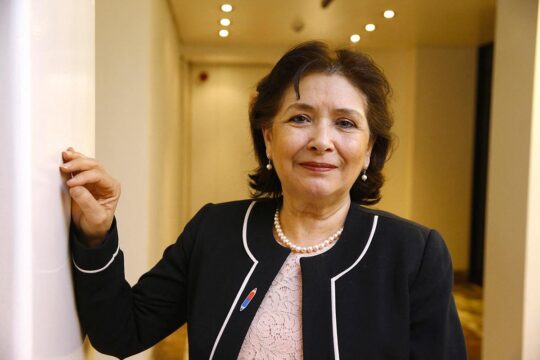In November 2014, three partners came together with the idea of creating a transitional justice observatory in Tunisia, a human sciences research unit with a focus on victims. The partners are the Tunis-based Kawakibi Centre for Democratic Transitions; Dutch NGO Impunity Watch; and the University of York, UK. The observatory is a human sciences research unit with six researchers and a programme to the end of 2016.
Its focus is on victims, their needs, their expectations and their vision of transitional justice. It was set up to compensate for the fact that, in this first “Arab Spring” country, the voice of victims of dictatorship is lacking in the transitional justice process that followed the January 14, 2011 revolution. The observatory’s team quickly realized how victims’ associations were trying to monopolize the voice of victims and use it for political ends. In addition, the observatory fills a gap, for even if there have been many reports on transitional justice in the last three years, there is a continuing lack of scientific research on the subject.
An approach inspired by the human sciences
The observatory’s first study, started in March 2015, is on the broad theme of “victim participation in the transitional justice process”.
The research team is led by Wahid Ferchichi, an expert at the Arab Institute of Human Rights and International Center for Transitional Justice. He is a professor of public law who says he is also very drawn to an anthropological approach. “The transitional justice approach in Tunisia has been dominated by lawyers,” he says. “It’s a Cartesian point of view which can reduce the human aspect of this experience and the economic, sociological and psychological aspects of the process. That is why we have chosen to work with a multi-discipline team of Tunisian, Dutch and English sociologists, psycho-sociologists and anthropologists, who have chosen a human science inspired methodology based on interviews, focus groups and field work.”
The research focuses on two regions, the northeast (Tunis, Bizerte and Nabeul) and the centre-west (Sidi Bouzid and Kasserine), where 87 victims – mainly women, torture survivors and relatives of victims – were interviewed. Meetings have also been set up with victims’ associations, transitional justice activists, representatives of the Truth and Dignity Commission (IVD) and the former Minister of Human Rights and Transitional Justice (2011-2013).
“The real victims are our torturers!”
After four months of interviews, dozens of hours of recordings have been gathered in which most victims express their disappointment. “There are many who no longer have confidence in the process,” says Wahid Ferchichi. “They have enormous expectations and seem disappointed by all the reparations programmes and the various administrations they have dealt with. Many victims have not filed complaints with the Truth and Dignity Commission and are not planning to do so.”
In Kasserine, the observatory team was able to meet with Islamist former political prisoners who were imprisoned for 20 years. Their lives are full of misery, insecurity and exclusion, and their main hope is clearly for an improvement in their material conditions. But they also insist on the necessity to bring the truth to light.
“We were surprised and touched by the profundity and tolerance of the victims,” says Wahid Ferchichi. “Some even told us that the real victims were the torturers!”
The results of the survey on “victim participation in the transitional justice process” will be made public at an international seminar in Tunis this September.
The observatory has already set another research theme that it has just started, the “victimized region”. Its researchers have chosen two border villages living off contraband and illegal immigration, one in the southeast and the other in the northwest of Tunisia. The research team will go there for three months to live among the community and conduct research in the field.






